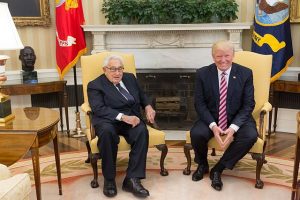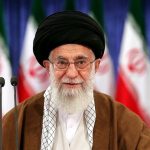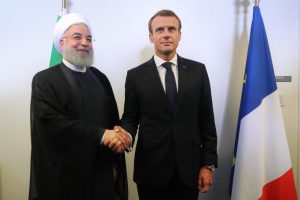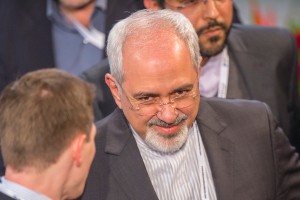From the English language transcript of a VOA interview with Columbia Professor Gary Sick, an acute observer of US-Iranian relations who served on the National Security Council staffs of President Ford, Carter and Reagan:
SD: You’ve presented a deal in which the US agrees to some enrichment and removes sanctions and Iran agrees to limits and full monitoring of its nuclear program. Do you see any readiness from either side toward this final deal?
GS: I think as with most long running problems the outlines of the solutions are pretty well known. It is not a mystery what would need to be done by either side. The question is really one of political will. Is Iran willing in fact to have private negotiations with the United States, creating an agenda that would then be used for public negotiations? Would the United States officially accept the reality that Iran is enriching and will probably continue to enrich? Again, it’s not so much that these are difficult things to imagine, it’s that they carry very heavy political consequences. For Iran the United States is the Great Satan. It is the enemy. And so by dealing with the United States you undercut that position and that has political consequences in Iran. In the United States Iran is a very unpopular country, there is no support structure in the United States, no constituency for Iran, and so taking a step that is contrary, to say what Israel would like to do is going to have real consequences for the United States politically. So it takes political sacrifice or political courage on each side and over the last 30 some years it has been very unusual to have a time when both parties were actually prepared to exercise that kind of courage. So the solution is there but getting to the solution is much, much harder than just describing it.
(Don’t miss Dr. Sick’s IPS review of Becoming Enemies, a fascinating new book on US policy during the Iran-Iraq war.)




